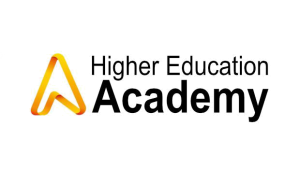RLTPA: STUDY AREA 6
Welcome to the Reflection Room
Developing Inclusive Learning Communities
To access the Reflection Prompts here, simply click on a title to open and close the content.
Activities for Learning Groups
From your readings, discuss and then draw up a list of at least 3 practical ways you might improve intercultural communications within your teaching groups. Eisenchlas, S. & Trevaskes, S. (2007)
What do you understand by the term intercultural competence?
What do you think is the main difference between an intercultural and international experience for your students?
Reflect on your own Paradigmatic assumptions about teaching and learning (those which we believe are the facts as we know them to be true; our deepest held beliefs) and write one or two to share with a partner. Once you have articulated your own and heard your partner’s, take turns to ask questions about these deeply held assumptions, test them out and see if they stand up to scrutiny. Brookfield, S. (1995)
Reflect on your own teaching (or as a student yourself) and share any hegemonic assumptions or practices (i.e. assumptions and practices we think help us in our teaching but which actually work against our best interests. Brookfield, S. (1995)
“Ten years of practice can be one year’s worth of distorted experience repeated ten times”. Brookfield, S. (1995 p.3) What assumption is Brookfield challenging here?
What do you think of Barnett’s dispositions? How might they be cultivated in your teaching environment?
Being-for-uncertainty does not especially know much about the world nor have at its disposal a raft of skills to deploy in and on the world. Being-for-uncertainty stands in certain kinds of relationships to the world. It is disposed in certain kinds of way. It is characterized, therefore, by certain kinds of disposition. Among such dispositions are carefulness, thoughtfulness, humility, criticality, receptiveness, resilience, courage and stillness…… They are to be fostered because they offer the prospects of an education adequate to a world of uncertainty. They offer, in short, the fashioning of being that may thrive in such a world.
Barnett, R. Higher Education Research & Development Vol. 23, No. 3, August 2004, p.258
Reflection Prompt: Developing Entrepreneurial Students & Graduates.
Given the characteristics of the creative industries, shouldn’t we be investing in entrepreneurial learning to gain UK economic advantage from this fastest growing sector?
DEVELOPING_ENTREPRENEURIAL_STUDENTS_AND_GRADUATES





